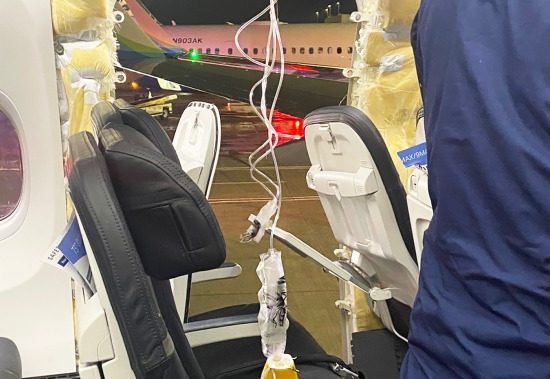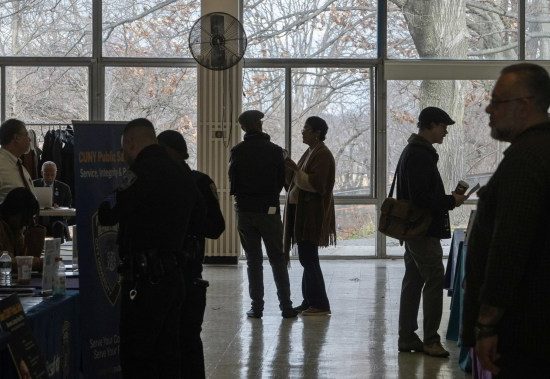As the shortfalls of the world’s healthcare system continue to worsen, pharmacists across America have been fettered with too much responsibility while receiving too little resources and support. Organized protests have been rare, largely due to a lack of agreement on a unified list of grievances, but a major strike may soon be imminent.
This fall, the Frustrated Pharmacist Group (FPG) was formed by Christopher Epperson at the University of Arkansas to both advocate for healthcare reform and organize against unfair treatment of pharmacists. To date, pharmacists have protested both in person and online, bringing attention to the immense pressure placed upon them and the lack of recognition their profession is given and its importance to a well-functioning healthcare system.
The FPG’s stated mission has been to create awareness of the struggles faced by pharmacists, generate a unified call for action, and pursue legislative change for the betterment of the profession. The group has since worked to bring all grievances to light, such as the excessive workloads and lack of accommodations for disabilities and family responsibilities.
The group has also repeatedly called attention to the lack of available pharmacists due to low pay and long working hours. To resolve these issues, the group has proposed higher wages, shorter hours, and enhanced remote and telepharmacy services.
Given the lack of action from medical leaders in response to the group’s demands, the organization has hinted at conducting a major strike. Such a move would be rare as individual pharmacists, unorganized, have previously declined to unionize, while those stateside organizations that have been formed have not yet reached the critical mass necessary to make meaningful change.
In the event of a strike, it would be Encore Pharmacy—the largest pharmacy chain in the U.S.—that would bear the brunt of pharmacists’ grievances. If a strike does take place, it can only be hoped that medical leaders and Encore Pharmacy take note and act decisively to avoid needlessly suffering patients and a crippled healthcare infrastructure.





